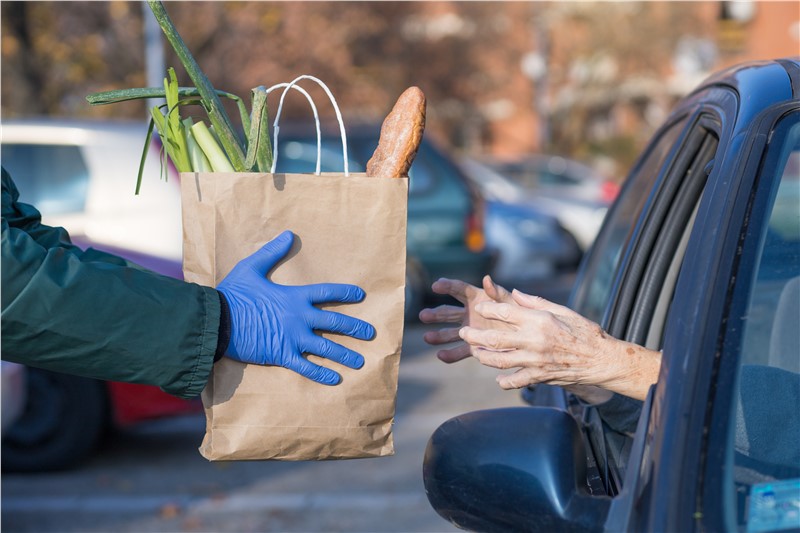
Making A Difference: Donating Food When You Move
As you've prepared for your big move, you've probably put a great deal of effort in planning out every last detail. Like what to do with stuff you're not taking with you, or how to prepare the kids for the coming school year. You may have even thought about the perfect time to start and finish the move. But there's one element you might not have considered: What to do with all your leftover food.
"Nearly 50 million men, women and children in the U.S. live with hunger."
With nearly 50 million men, women and children in the U.S. living with hunger - according to the Food Research & Action Center. So why not donate all that food? It's a fast and effective way to both help yourself and greatly enrich the lives of others.
Inventory your home
Depending upon the move, you may want to keep some food and give away the rest. To begin this process, you should create an inventory of everything in your refrigerator and pantry. That way, you'll have a list of what you need to bring and what can go to a good cause. Your list might vary, but the basic categories include perishable items - like fruits, eggs, dairy products, canned goods, anything in glass bottles, cereal and other boxed items, and any foods in plastic containers (like pasta or nuts).
Know what stays and what goes
Not only does this categorized list help you with planning, it also helps you set aside those foods that can't be donated. As Mother Nature Network pointed out, food banks and other similar organizations won't accept every food item. Instead, they look for certain items that can make the most impact with hungry families. Most of these outlets want foods that are, in addition to being non-perishable, minimally processed or entirely unprocessed. That list includes canned fruit in juices, brown rice, low-sodium soups and stews, honey, broths and stock, unsalted nuts, canned tuna, unsalted seeds, whole grain pasta and more. Each food bank or organization should provide a list of its most essential needs.
Always plan ahead
Once you have a list of items you are going to give away, you'll then need to address what you're going to keep for your family. At this point, it's important to think about not just what you want to have on hand, but other considerations. For instance, you may need more food if you can't get to the store right away, or if you have plenty of mouths to feed. You also need to think about storage space in your new place, and if you'd rather wait to buy all new food items once you've arrived. If you're not quite sure of how much storage space you'll have, always err on the side of caution and don't bring quite as much food as you might want.
Move for hunger
To help feed families across the nation, Atlas Van Lines has joined forces with the non-profit group Move For Hunger. As partners, the organizations have donated nearly 800,000 pounds of food in just a few years time. Doing your part is a breeze! On your moving day, just put aside all non-perishable items; from there, the Atlas agent will take everything directly to your local food bank. For more information on where you can find participating agents, head here.
Source:atlasvanlines.com
Subscribe to Apex Moving + Storage's Blog




Comments